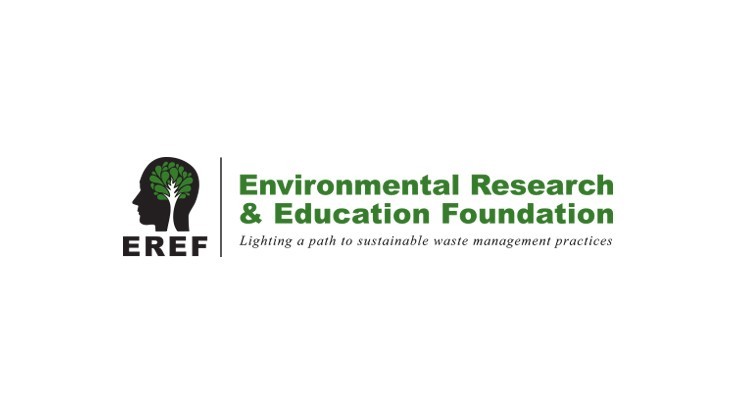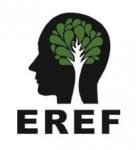Environmental Research & Education Foundation-led survey to assess frequency and causes of MRF fires
Latest multi-association effort to compile data and evidence to explain how and why fires spark at recycling facilities

The Environmental Research & Education Foundation (EREF), in collaboration with the Institute of Scrap Recycling Industries (ISRI), National Waste & Recycling Association(NWRA) and the Solid Waste Association of North America (SWANA) have partnered on a study to determine the causes and frequency of MRF fires in the U.S.
According to EREF, for years, the public has considered recycling to be one of the best methods of preserving the environment and preventing valuable materials from going to the landfill. Coupled with this is the misconception that landfills are actually harmful to the environment.
As a result of this misunderstanding, consumers, driven to do their sustainable part by avoiding the trash can, discard their items in the recycling bin with little regard or understanding of what does and does not belong in that bin. Thanks to this wish-cycling and confusion, consumers unknowingly create more contamination, rendering some of the material unrecyclable, as well as dangerous conditions for solid waste and scrap recycling facilities.
With these stressors already weighing on facilities, fires at material recovery facilities are on the rise, with records set in July, August and September of 2019 for reported fires.
Despite the recent increase in MRF fires, there is little data and evidence to explain how and why these fires spark. To fill in this data gap,
The primary objective of this new effort is to compile information that summarizes the following information about fires at MRFs and scrap recycling facilities and in collection vehicles:
- Frequency of MRF and scrap recycling fires annually (i.e. % of facilities)
- Frequency of collection vehicles fires
- Suspected cause(s) of these fires
- Strategies/technologies used to fight the fire
- Damage caused by the fire (e.g. property, personnel injury/death, lost operating revenue)
- Preventative measures taken to minimize the potential for fires
- Likelihood that lithium ion batteries disposed of at MRFs or scrap yards caused a fire
Key industry organizations have rallied around the issue, with the project stakeholders representing a significant portion of the scrap and recycling industry. "These fires present a major risk to worker safety. For years, NWRA has fought to improve worker safety in the waste industry," said Darrell Smith, President and CEO of NWRA. "This study will better inform our efforts."
"The recycling industry is taking a proactive approach to addressing the growing concern of fires at scrap facilities," said Robin Wiener, President of ISRI. "While this includes the implementation of new technologies, workforce safety initiatives, and public outreach on proper recycling, identifying the causes of fires is the first step to finding a solution to prevent them. The survey will help identify the root causes which we can then use to better direct resources to prevent future fires."
"The information gleaned from this study has the potential to save facility owners money, reduce material loss and, more importantly, increase worker safety," said David Biderman, Executive Director and CEO of SWANA. "We're excited about the impact this research can have on the industry."
A critical component of the study is a survey of recycling and scrap facilities, which recently went live. "Such information is critical and benefits the entire industry, as fires serve to further financial pressure on an already strained industry," noted Bryan Staley, President and CEO of EREF. To participate in the survey, please visit the project website.
Company info
4301 Connecticut Avenue, NW, Suite 300
Washington, DC
US, 20008
Website:
wasterecycling.org






